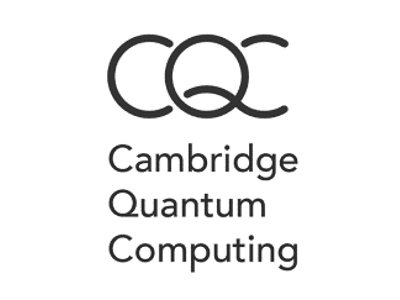A team of experimental physicists, at the University of Innsbruck, Austria, has implemented a universal set of computational operations on fault-tolerant quantum bits for the first time, demonstrating how an algorithm can be programmed on a quantum computer so that errors do not spoil the result.
Quantum computers are inherently much more susceptible to disturbances and will thus probably always require error correction mechanisms, because otherwise errors will propagate uncontrolled in the system and information will be lost. Because the fundamental laws of quantum mechanics forbid copying quantum information, redundancy can be achieved by distributing logical quantum information into an entangled state of several physical systems, for example multiple individual atoms.
The team succeeded in realizing a set of computational operations on two logical quantum bits that can be used to implement any possible operation. This universal gate set (CNOT and T-gate) was implemented on an ion trap quantum computer featuring 16 trapped atoms. The quantum information was stored in two logical quantum bits, each distributed over seven atoms. The physicists demonstrated the T-gate by preparing a special state in a logical quantum bit and teleporting it to another quantum bit via an entangled gate operation.
The paper has been published in Nature.




